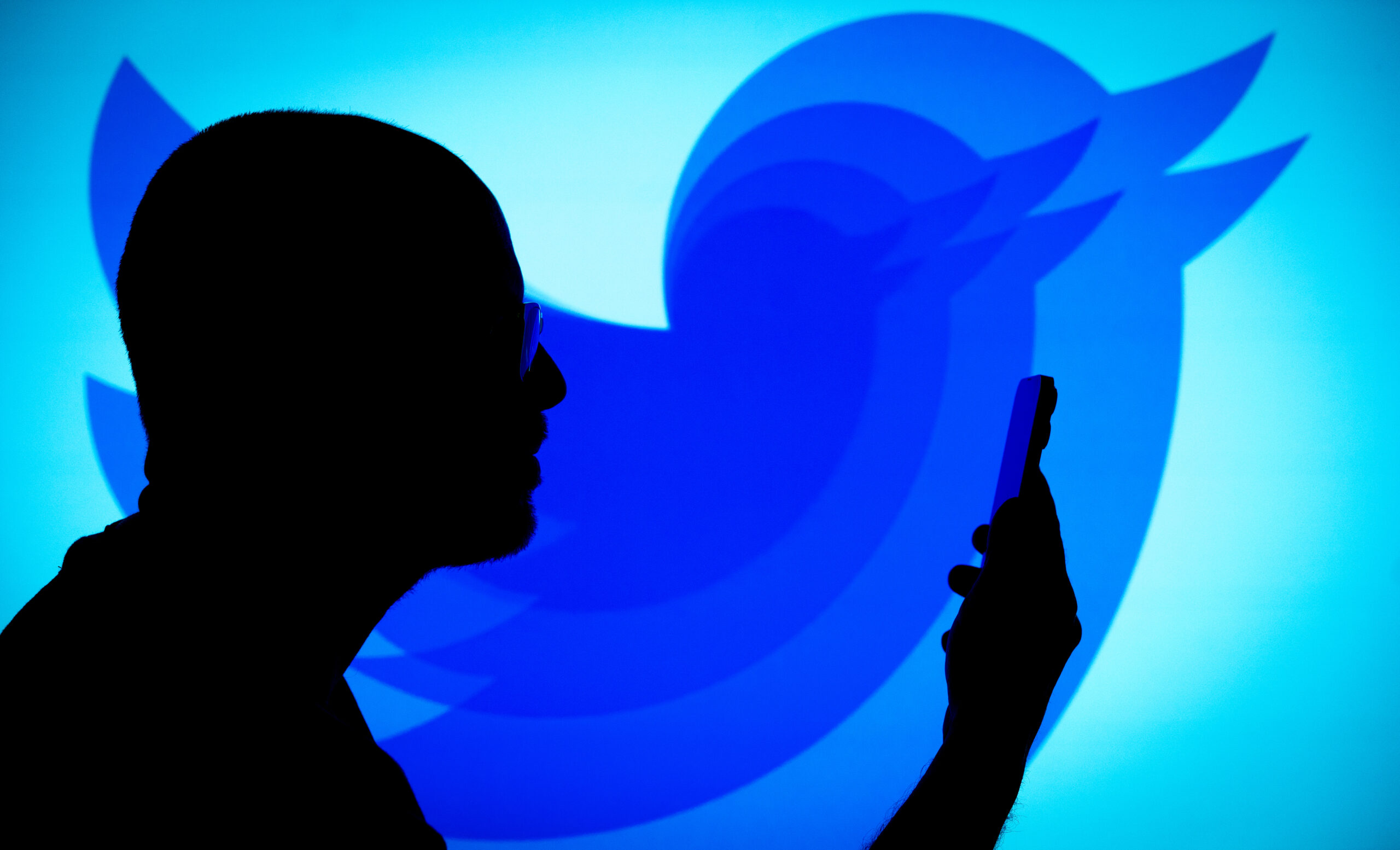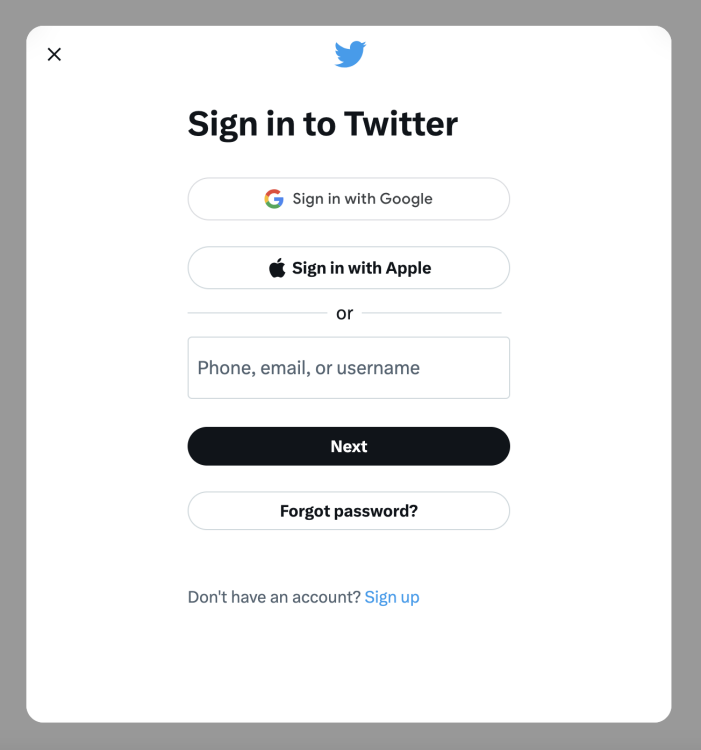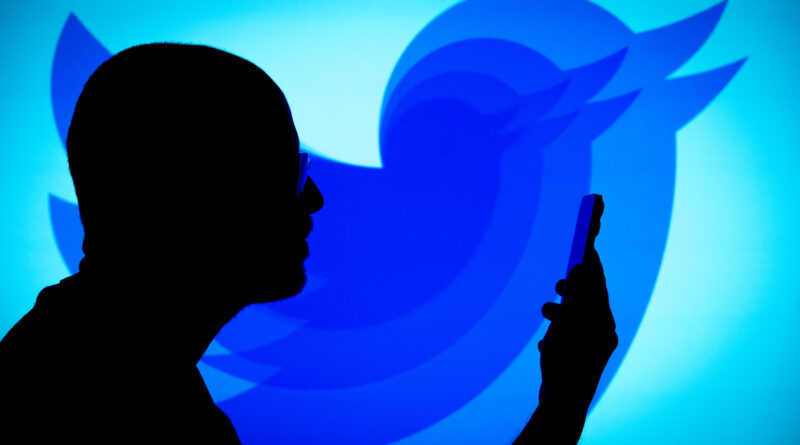Twitter now blocks visitors from viewing tweets, and profiles unless they’re logged in

Go to Twitter without logging in to your account. Just go anywhere on the site. Try opening your favorite tweet or viewing your favorite creator’s profile in a web browser on either your desktop or mobile device.
This is what you’ll now see:

Twitter has now begun locking visitors out of the platform unless they’re logged into their account. Visiting any Twitter page other than the homepage without being signed in will automatically forward users to a page where they can login or set up an account on the platform. Visitors cannot view any user content without logging in.
The unexpected move from Twitter started rolling out on Friday. There has yet to be any official announcement from the company. Users started to discover the change themselves when attempting to view tweets or profiles while not logged into their account.
It’s unclear exactly why Twitter has made this change although there are a few potential reasons.
Twitter owner Elon Musk has previously shared his disapproval of AI companies like OpenAI using Twitter’s data to train their language models. In fact, in December, shortly after acquiring Twitter, Musk cut off OpenAI’s access to the platform’s data as he felt that the AI company wasn’t paying enough for it. Since then, however, OpenAI has launched a plugin for its popular ChatGPT AI chatbot that allow users to scrape information off any website — including Twitter.
Musk has tweeted his dissatisfaction about this twice just this past month, seemingly unaware that Twitter’s data could be scraped from its website.
“This is very concerning,” he tweeted in the replies to one Twitter user walking his followers through how to use the web-scraping plugin with ChatGPT.
However, there are other explanations as well.
Back in 2015, Twitter unveiled in a blog post that “500 million people” visit Twitter each month without logging in. That’s a lot of potential users who aren’t providing their data to Twitter for the company to monetize. In fact, that number is higher than what Twitter has for monthly active users. Twitter has continually suffered from stagnant user growth, loss of power users, and dwindling advertising revenue since Musk took over the platform. Forcing hundreds of millions of visitors to sign up gives the company the opportunity to inflate those numbers and pitch its bigger use base to potential advertisers.
However, there are some big drawbacks to Twitter’s decision to block access to the platform unless a user is signed into an account. A major issue Twitter will face is the fact that search engines, like Google, will have difficulty crawling the platform and ranking its content. This means when a user searches on Google, user profiles and tweets may not appear. This will probably end up losing a lot of traffic for Twitter.
There’s also no guarantee that a visitor will sign up for Twitter and become a user upon being presented with that prompt. Once these visitors realize they cannot access the content, they may just avoid Twitter content and links altogether.
In addition, there are good reasons for visitors to scrape Twitter as well. Researchers have shared how this new Twitter limitation will hinder their work in areas around open-source intelligence (OSINT), hate speech, and disinformation studies. The whole forced login move is very antithetical to how Twitter is meant to function and the idea that it can be a “public square” for information.
Yet, this isn’t the first time Twitter has made its platform less accessible since being acquired by Musk. Earlier this year, Twitter blocked third-party clients from the platform, shutting those applications down indefinitely. In April, Twitter started requiring that visitors login to an account if they wanted to use the search function on the platform. On Thursday, Mashable reported on the denigration of the Twitter API, after speaking to many developers who could no longer access certain functions of the platform and were forced to shut down their apps after years of service.
